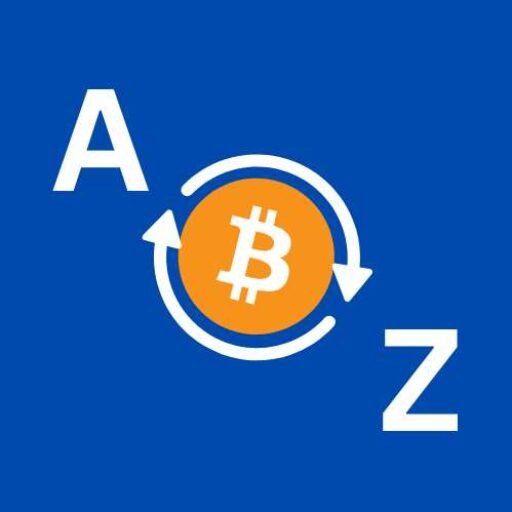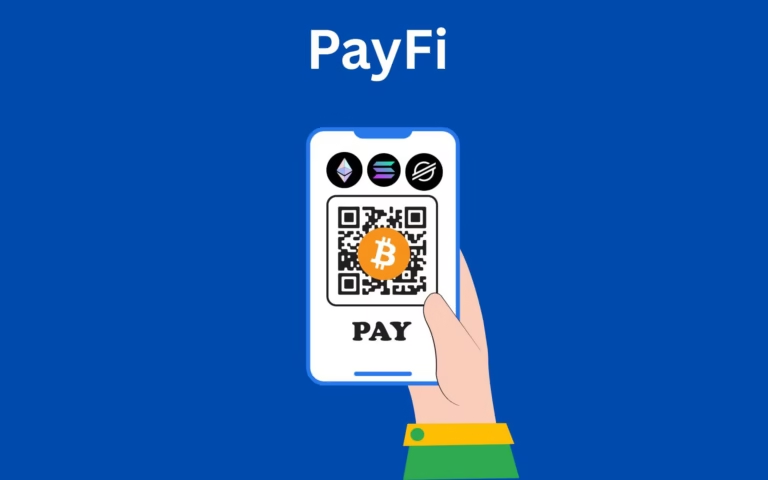Censorship Resistance refers to a blockchain network’s ability to avoid being censored by centralized entities, such as governments, network service providers, internet administrators, cloud companies, and other local organizations.
A core principle of decentralized technology (i.e., blockchain) is to fight centralization via censorship resistance.
Table of Contents
What is Censorship?
Censorship is the act of blocking access to a specific website, mobile application, book, or phone number because the government or an internet service provider believes this content is against their principles. A limited amount of censorship is also evident through cloud service providers, which prohibit certain types of applications or websites from being hosted on their cloud.
The effect of censorship is that the targeted entity (or individual) does not get visitors and therefore no users. As a result, they are forced to close their shop.
The reason for getting censored could be a lot of things, such as:
- illegal or immoral activity
- non-payment of fees/taxes
- policy of the government
- service provider policy
- compliance rules
Who Could Censor Blockchain Technology?
Governments
Several governments worldwide have imposed bans, restricted access, and increased taxation on cryptocurrencies, perceiving them as a threat to their own interests or the public. This threat could arise due to factors such as money laundering, the anonymity of blockchain transactions, and other reasons.
Some nations, such as China, Nepal, Bangladesh, and Iran, have placed a full ban on blockchain and cryptocurrency, while others, like Russia, have severe restrictions. Further, there are countries like India, Italy, and France that use high taxes to discourage users (shadow bans).
Network Providers
Network Providers often restrict access to blockchains by disallowing certain websites, such as exchanges, DeFi protocols, dApps, and other applications. As a result, the end user, who relies on the internet to access crypto platforms, is left hopeless.
However, this kind of blocking can be easily bypassed with a VPN, and the act is entirely legal.
For example, Binance was shadow-banned in India in 2024 before it obtained FIU compliance.
Cloud Service Providers
Cloud Service providers could disallow certain applications and websites, refusing to serve them.
One such threat emerged on Ethereum in 2024, when, under the influence of the Biden administration, Microsoft Azure and Amazon AWS were rumored to have considered a ban on Ethereum validators.
How Blockchains Ensure Censorship Resistance?
Decentralized Decision Making
Blockchain networks often employ a form of decentralized governance where voting power is proportional to the number of governance tokens held by the user. As a result, if users in a certain part of the world are banned from participating, the others can still sustain the network.
Some blockchain projects that support decentralized decision-making are:
- Ethereum
- Bitcoin
- Algorand
- Shiba Inu
- Avalanche
Geographically Distributed Nodes
Nodes or validators are the working units of a blockchain. They validate and process transactions, providing security to the network. Therefore, blockchains rely on these nodes to function.
A node network that is graphically distributed offers more resilience because it is not only safe from censorship but also from natural calamities. Below is the distribution of Bitcoin Nodes.
Truly Decentralized Blockchains
Only a few blockchains are truly decentralized, as it takes a significant effort to ensure proper decentralization. Blockchains need to delegate governance to nodes, distribute tokens properly, and ensure proper mechanisms for decentralized governance. They must also be geographically dispersed and reliant on multiple internet and cloud service providers. This also requires the use of different node software.
Some of the well-known truly decentralized blockchains are:
- Bitcoin
- Ethereum
- Solana
- Algorand
- Avalanche
- Polygon
- Monero




